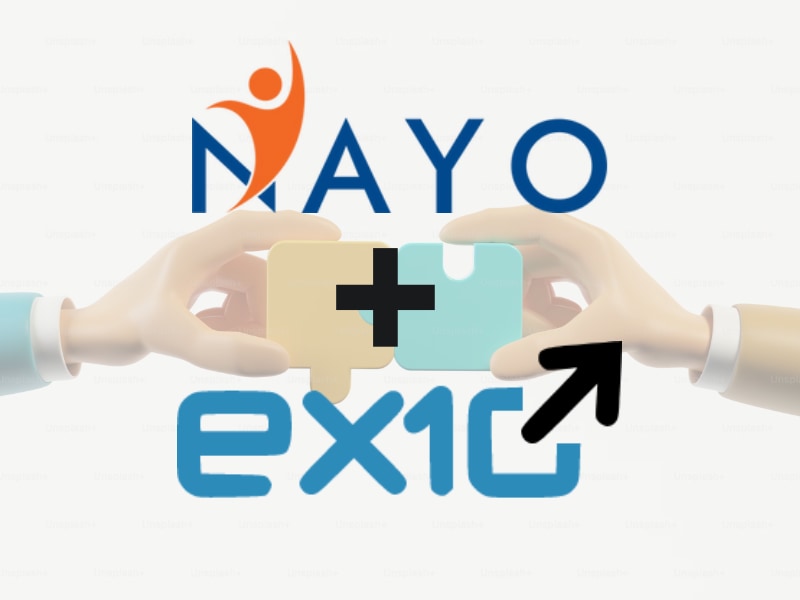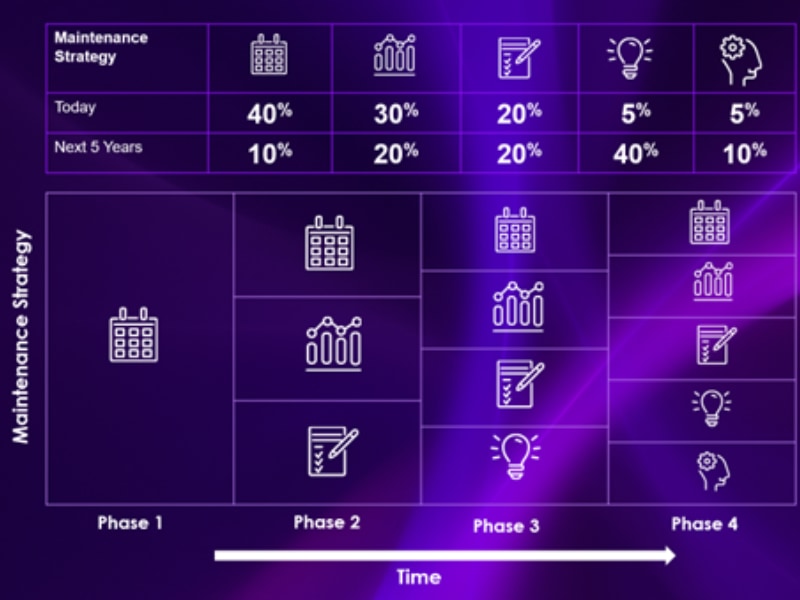How Model Context Protocol Can Transform ERP Solutions
Enterprise Resource Planning (ERP) systems integrate key business processes, and the Model Context Protocol (MCP) enables seamless, standardized real-time AI integration with ERP to enhance automation, decision-making, and efficiency. MCP reduces integration complexity and costs while supporting scalable, vendor-flexible AI-driven workflows across finance, supply chain, manufacturing, and customer service.
Read MoreDriving Sustainable Success with EX10's IFS Consulting
EX10 leverages expert IFS consulting to help organizations integrate ESG principles into operations, driving measurable environmental, social, and governance outcomes. With tailored solutions and continuous support, EX10 ensures effective use of IFS technology to achieve sustainable transformation and compliance.
Read MoreSustainability Reporting Updates in Europe
The European Commission's recent amendments to the Corporate Sustainability Reporting Directive (CSRD) aim to streamline sustainability reporting for businesses. Key changes include a reduced reporting scope, voluntary options for smaller companies, simplified standards, and delayed compliance deadlines. These updates are designed to ease regulatory burdens and enhance competitiveness in the EU.
Read MoreCelebrating Our Achievements in 2024
In 2024, EX10 achieved significant milestones, including a 30% resource expansion and a 25% increase in turnover. We welcomed over 20 new clients, strengthened partnerships with six IFS collaborators, and introduced new capabilities in FSM and NGSM. Our commitment to quality assurance and reduced customizations enhanced client satisfaction and operational efficiency.
Read MoreUnlocking Business Potential with AI-Driven Solutions
Businesses face challenges like staffing shortages and productivity lags. Integrating AI-driven solutions can enhance efficiency, profitability, and sustainability. AI automates processes, optimizes operations, and supports asset management, while also improving service management. Emphasizing sustainability, AI tools help businesses meet compliance and minimize waste, ultimately unlocking potential and driving success.
Read MoreEnhancing Operational Excellence with EX10's IFS Solutions
EX10’s IFS solutions enhance operational excellence by integrating service asset management into a unified platform. This integration eliminates data silos, improves collaboration, and provides end-to-end visibility. Key benefits include real-time data access, intelligent insights, flexibility, and a focus on customer experience, ultimately driving compliance, reliability, and long-term success.
Read MoreBoosting Capital Efficiencies in Asset-Intensive Industries: A Key Prediction for 2025
As asset-intensive industries approach 2025, IFS's Asset Lifecycle Management (ALM) is set to enhance capital efficiencies by at least 5%. The integration of Asset Investment Planning with ALM enables better capital allocation and decision-making. EX10 offers expert consulting and tailored solutions to help businesses optimize their investments and improve profitability.
Read MoreLeveraging Camunda for Seamless Process Automation in Enterprises
Organizations increasingly adopt automation to improve efficiency and reduce costs, yet many digital transformation projects fail to misalignment of IT and business objectives. Tools like Camunda help bridge this gap by collaboration, providing end-to-end process visibility, freeing up resources and lowering automation, ultimately enhancing overall performance.
Read MoreEX10 and Nayo partnership ensures value-engineered customer success for our customers
Discover how EX10 Global and Nayo Technologies are joining forces to enhance IFS Applications support and implementation services. This partnership leverages their expertise to deliver innovative solutions and exceptional value for North American and South Asian users, ensuring customer success in the ever-evolving IFS landscape.
Read MoreThe Future of Maintenance: A Data-Driven Evolution
The maintenance landscape is evolving due to technological advancements and the need for efficiency. Current practices often rely on reactive methods, leading to downtime and costs. Transitioning to predictive and AI-driven maintenance enhances asset performance and reduces risks. Despite challenges, embracing these strategies is essential for future success and sustainability.
Read MoreThe Role of ERP in Enhancing Quality in Manufacturing Through Employees
In manufacturing, quality is vital, driven by skilled employees. ERP systems enhance workforce engagement through real-time data access, standardized processes, and ongoing training. By empowering workers, these systems improve product quality and facilitate innovation. Investing in ERP solutions fosters a resilient manufacturing environment, crucial for meeting rising consumer expectations.
Read More









